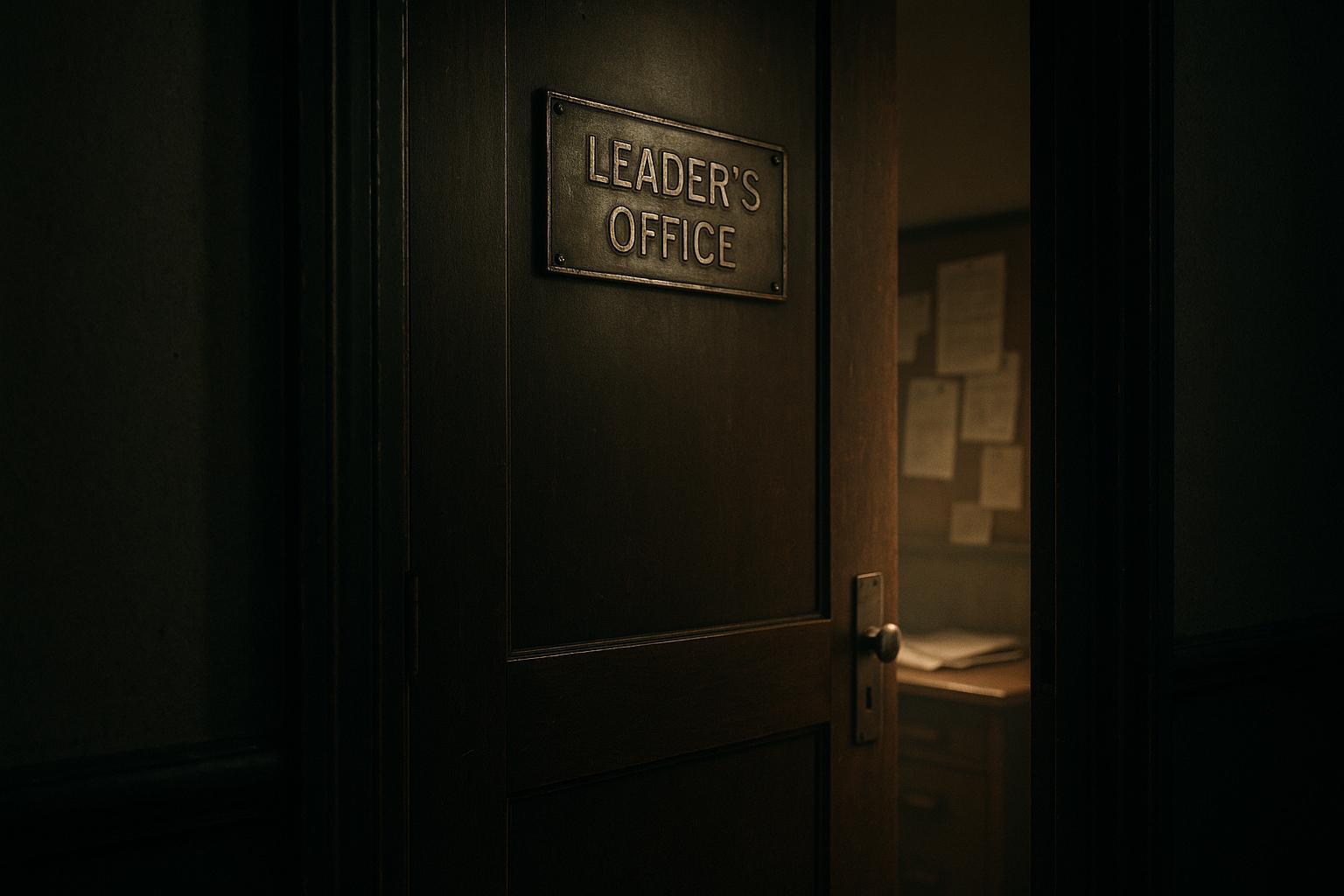The Conservative Party has called for an ethics investigation into Sir Keir Starmer’s role in handling the application for China’s proposed new embassy in London, following the government’s decision to delay approval until December 10. Kevin Hollinrake, the Conservative Party chairman, wrote to the government’s independent standards adviser, Sir Laurie Magnus, expressing concerns that ministers, including Sir Keir, may have breached the ministerial code. Hollinrake highlighted reports that Sir Keir discussed the embassy plans with Chinese President Xi Jinping shortly before the application was called in for ministerial decision-making, prompting allegations of undue influence and governmental reluctance to challenge Beijing.
The embassy project has been controversial for some time. Initially rejected in 2022 by Tower Hamlets Council, the Chinese authorities did not appeal but instead resubmitted the application soon after Labour’s election victory last year, after which ministers took over the decision. The delay in finalising approval has attracted stern criticism from Beijing, with Chinese Foreign Ministry spokesman Lin Jian accusing the UK of failing to honour commitments and politicising the matter, while threatening unspecified consequences. Downing Street, however, denied that any such commitments or assurances had been made regarding the embassy plans.
Concerns around the proposed embassy extend beyond diplomatic tensions. Parliament’s Joint Committee on the National Security Strategy warned that the site, located near the Tower of London at the former Royal Mint, posed security risks. Committee chair Matt Western stressed that permitting the new embassy could enlarge Beijing’s intelligence-gathering and intimidation operations in the UK, especially given the embassy's proximity to critical communications infrastructure and reported plans for basement rooms and tunnels. This security apprehension echoes wider scrutiny of Chinese influence and espionage within the UK, including recent revelations about alleged Chinese agents engaging in covert political interference, such as Christine Ching Kui Lee’s reportedly extensive involvement in UK parliamentary circles on behalf of the Chinese Communist Party.
The call for an ethics investigation into Sir Keir reflects broader Conservative criticisms of Labour’s approach to national security concerning China. Conservative leader Kemi Badenoch accused Sir Keir of failing to protect national security adequately, urging Prime Minister Rishi Sunak to demonstrate firmer resolve against Beijing’s perceived pressures and tactics. The controversy over the embassy application adds to the government’s challenges in managing UK-China relations amid intensifying diplomatic strains. This includes contentious issues such as the collapse of legal cases against alleged Chinese spies, and more broadly, concern over foreign influence in British political and civil domains.
These tensions follow other recent developments illustrating the UK’s cautious posture towards China. Downing Street defended its ban on TikTok from government devices as a “prudent and proportionate step” taken after assessing the app as a potential security risk—a decision criticised by the Chinese embassy as politically motivated. At the same time, domestic political interactions with China have prompted questions about transparency, notably Northern Ireland’s First Minister Arlene Foster and Deputy First Minister Michelle O’Neill’s undisclosed communications with the Chinese Consul General in Belfast, which stirred controversy over their comments on Hong Kong’s security laws, with critics demanding clearer explanations.
The scrutiny of UK-China relations also intersects with human rights concerns, as the UK Parliament recently passed a non-binding motion declaring that Uighur Muslims and other minorities in Xinjiang suffer crimes against humanity and genocide. This parliamentary stance intensifies diplomatic pressure on Beijing and underscores the complexity of balancing security, diplomacy, and human rights in managing relations with China.
Overall, the call for investigation into Sir Keir Starmer’s handling of the embassy application underscores the fraught and multifaceted challenges the UK government faces in navigating its relationship with China amid national security worries, political controversies, and competing international pressures.
📌 Reference Map:
- Paragraph 1 – [1]
- Paragraph 2 – [1]
- Paragraph 3 – [1], [2]
- Paragraph 4 – [1]
- Paragraph 5 – [1], [3], [5], [6]
- Paragraph 6 – [7]
Source: Noah Wire Services
